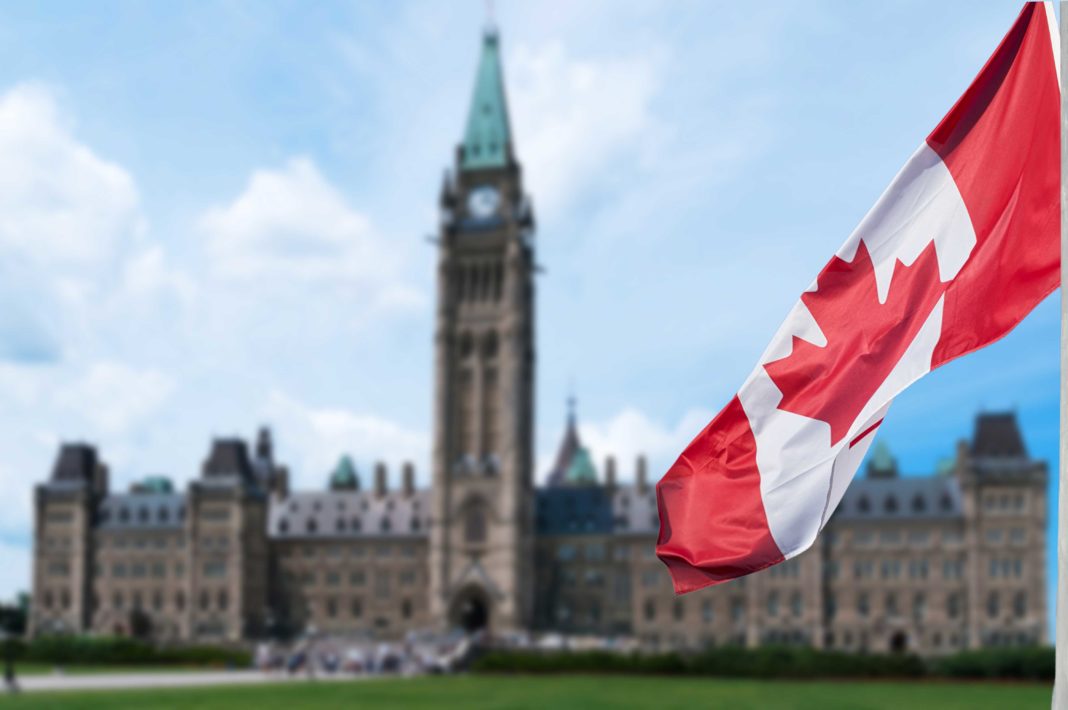OTTAWA—One of the most anticipated reports coming out of Ottawa this year was the that of the Public Order Emergency Commission tabled before Parliament this afternoon. Following the examination of more than 85,000 documents, 139 individual interviews and testimony from 76 witnesses—including 50 experts—the Public Order Emergency Commission released its report today, less than 300 days after the Commission was created. Given the usual timeframe for independent commissions, that has to be something of a record.
The Public Order Emergency Commission established on April 25 of last year was a result of the Government of Canada’s decision to invoke the Emergencies Act in response to protests in Ottawa and elsewhere in Canada in January and February of 2022. The commission is a requirement of that Act.
The Commission was led by the Honourable Paul S. Rouleau of the Court of Appeal for Ontario, and following its examination, the commission produced what it describes as “a thorough and comprehensive report of over 2,000 pages within the timeframe required by the statute.”
The executive summary of the report alone runs to 273 pages.
“After careful reflection, I have concluded that the very high threshold required for the invocation of the Act was met,” said Commissioner Rouleau in a public statement following the tabling of the final report in Parliament. “When the decision was made to invoke the Act on February 14, 2022, Cabinet had reasonable grounds to believe that there existed a national emergency arising from threats to the security of Canada that necessitated the taking of special temporary measures.”
“Many have called the events of January and February 2022 exceptional. I think that is an apt description,” said Commissioner Rouleau. “There was credible and compelling evidence supporting both a subjective and objective reasonable belief in the existence of a public order emergency. The decision to invoke the act was appropriate.”
The commissioner further remarked that he issued that finding “reluctantly” as it was felt that had other organizations and levels of government stepped up properly, there would not have been the need to invoke the Act. But those agencies did not, leaving the federal government no other viable option.
In its report, the Commission made 56 recommendations in six broad areas thar include policing; federal intelligence collection and coordination; critical trade corridors and infrastructure; reforms to the Emergencies Act; other areas for further study; and follow-up and accountability following the release of the Commission’s report.
“I hope that these recommendations will go some way to addressing the various issues and deficiencies of a systemic nature that I identify in my report,” said Commissioner Rouleau.
During public hearings held in the Fall, the Commission heard from organizers of the convoy, citizens affected by the protests, police, public servants, and elected officials at the municipal and federal levels, including Prime Minister Justin Trudeau and seven federal cabinet ministers.
-30-





